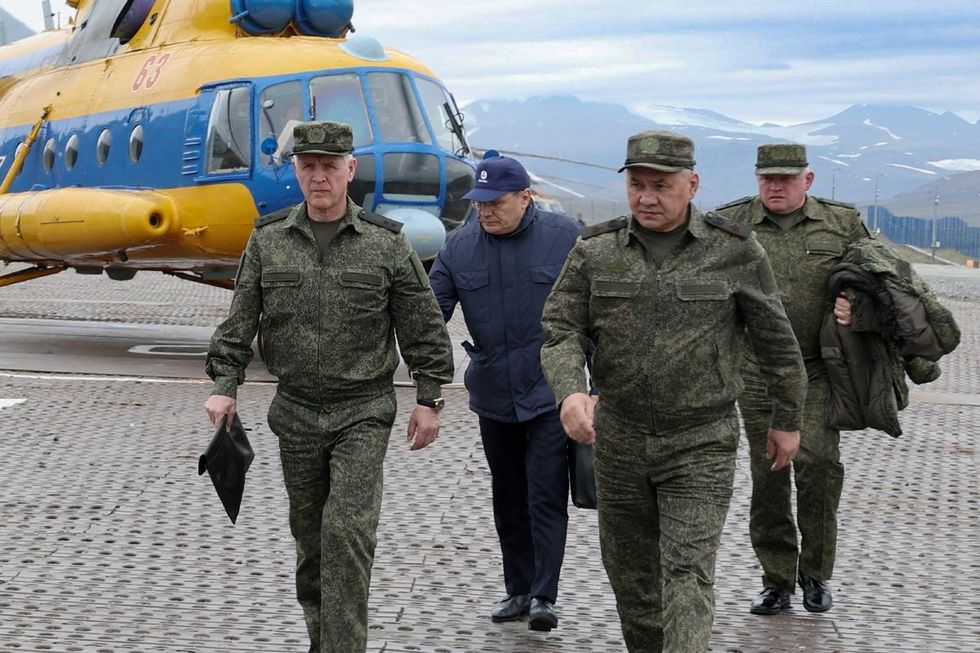Russia’s been nothing if not provocative this week – from Putin’s virtual BRICS address and the fiery death of Yvegeny Prigozhin to showboating in the polar region. Scientists this week stretched a 1,400-square-metre Russian flag on the Arctic ice to mark Russia’s Flag Day.
The Arctic University of Norway Professor Gunhild Hoogensen Gjørv told The Barents Observer that the move was a provocation: “They are not just raising a flag. It’s a massive flag. It’s a sign of dominance. And I suspect it’s a sign of defiance,” she said, noting how Russia likely feels emboldened to flex its muscle while the work of the Arctic Council is halted, owing to the war in Ukraine.
“The flag is a signal to indicate that they are still big boys on the block,” she added.
The stunt is a reminder of the important work the eight Arctic nations do to coordinate and cooperate on their work in the region via the council, which focuses on climate change, shipping, Indigenous rights, and other trans-Arctic issues. But Russia’s northerly neighbors are increasingly worried about a military threat. The group has been on hiatus since Russia’s invasion of Ukraine, but Washington recently signaled that it wants to continue cooperation with Russia on technical issues in the Arctic.
Since the invasion of Ukraine, the Nordic countries have put a new emphasis on northern defense. Finland joined NATO, and Sweden is trying to follow suit while the Swedes, Norwegians, Finns, and Danes are working to link their air forces.
What has changed in the climate? Scientists now believe the first ice-free summer may arrive in the Arctic in the 2030s. As polar ice recedes, the Arctic Ocean is increasingly being eyed as a shipping route. Case in point: In March, Russia announced plans to cooperate with China on shipping in Russia’s northern waters. The routes are not necessarily reliable, however, as two Russian crude tankers en route to China have been delayed by thicker-than-expected ice in recent days.
Still, since military vessels can go wherever commercial ones can, the increased thawing and commercial activity in the Arctic, especially by Russia, is raising security concerns for Arctic nations.



















